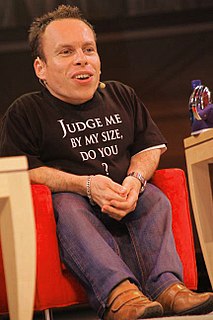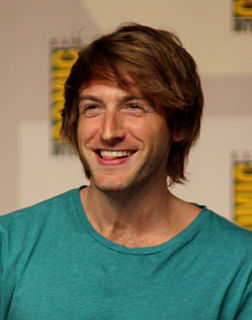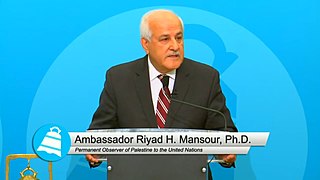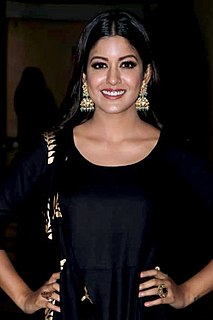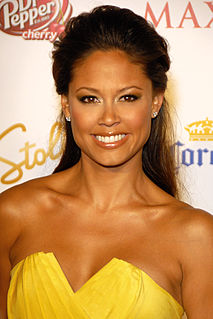A Quote by Gugu Mbatha-Raw
It's not often that you get a chance in one role to do the glamour bit and then strip off all the makeup and reveal the real person beneath the façade. Usually, it's either a glamorous role or a raw, emotional role.
Related Quotes
When I go from a role with heavy prosthetic makeup, which I've done quite a bit of as well, and then do a role where I'm not wearing any, I have to be conscious of toning everything down. Because when you're wearing prosthetic makeup, of course, you have to really move your face a lot more to convey things through the makeup.
I don't see myself as one type of actor. When you get one role, you start to get cast in that role for awhile because that's what people have seen you do, and have hopefully seen you do it successfully. And so, it becomes an easier thing to see you as, for casting directors and directors, and they start to think of you as that particular person or type of character. But, for me, I'm just an actor, first and foremost. The actors I respect are the real character actors, who are the real chameleon actors that completely change from role to role.
I had to audition for Fandango. When I read the script, the role that was interesting - so everyone thought - was the role that Costner played. He was the cool guy. And I read the script, and my representation at the time said, "That's the role you should read for." And I was like, "Really? How about I read for this other role." And they went, "Well, you're not going to get that role."

